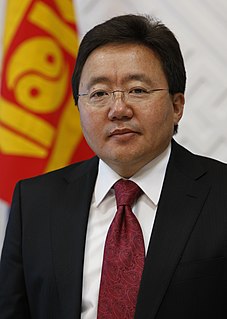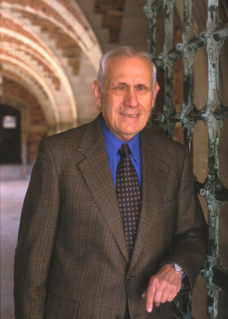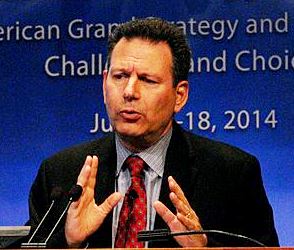Ein Zitat von David Olusoga
Großbritannien im 19. Jahrhundert war zwei Dinge gleichzeitig; das Zentrum des größten Imperiums der Erde und der größten Produktions- und Handelsnation, die die Welt je gesehen hat. Doch das formelle Imperium und das Handelsimperium waren nicht dasselbe.
Verwandte Zitate
Das amerikanische Imperium ist ein Imperium, dem der Antrieb fehlt, sein Kapital, sein Volk und seine Kultur in die rückständigen Regionen zu exportieren, die sie am dringendsten benötigen und die, wenn sie vernachlässigt werden, die größten Bedrohungen für seine Sicherheit darstellen. Kurz gesagt, es ist ein Imperium, das es nicht wagt, seinen Namen auszusprechen. Es ist ein Imperium der Verleugnung.
Das amerikanische Publikum neigt dazu, die Briten zu unterschätzen, aber vor 240 Jahren waren sie wir: Sie waren die mächtigste Nation der Erde. Ihr Handelsimperium erstreckte sich über den ganzen Planeten. Sie verfügten über die stärkste und erfahrenste Armee und Marine, die die Welt je gesehen hatte.
Alle Vergleiche zwischen der aktuellen Stellung Amerikas in der Welt und allem, was in der Vergangenheit berechtigterweise als Imperium bezeichnet wurde, offenbaren Unwissenheit und Verwirrung über die vernünftige Bedeutung des Begriffs „Imperium“, insbesondere den Vergleich mit dem Römischen Reich.
Amerika ist nicht das grobe Klischee eines eigennützigen Imperiums. Die Vereinigten Staaten waren eine der größten Fortschrittsquellen, die die Welt je gesehen hat. Wir wurden aus einer Revolution gegen ein Imperium geboren. Wir wurden auf dem Ideal gegründet, dass alle gleich geschaffen sind. Und wir haben jahrhundertelang Blut vergossen und darum gekämpft, diesen Worten innerhalb unserer Grenzen und auf der ganzen Welt einen Sinn zu geben. Wir sind von jeder Kultur geprägt. Von allen Enden der Erde stammend und einem einfachen Konzept gewidmet: E pluribus unum: Aus vielen eins.
In der Vergangenheit äußerten sich die Briten scharf über die Grausamkeiten des alten Römischen Reiches und die Exzesse katholischer Reichsgründer wie der Spanier und Franzosen. Sie überzeugten sich davon, dass ihr Reich anders und wohlwollend sei, weil es eher auf Seemacht und Handel als auf Armeen beruhte.
Russland hat ein Imperium verloren, aber noch keine Rolle gefunden. Russland muss entscheiden, was es sein will. Und wie wir in Großbritannien wissen, dauert das einige Zeit. Es ist ziemlich schwer, ein Imperium zu verlieren, und Russland hat sein Imperium sehr schnell und auf bewundernswerte Weise verloren, das heißt friedlich, es hat nicht gekämpft.
In Europa hatten wir also Imperien. Jeder hatte sie – Frankreich und Spanien und Großbritannien und die Türkei! Das Osmanische Reich, aus irgendeinem Grund voller Möbel. Und das Österreichisch-Ungarische Reich, berühmt für fk all! Ja, alles, was sie taten, war, langsam zusammenzufallen wie ein Kuchen in einem Schrank.




































